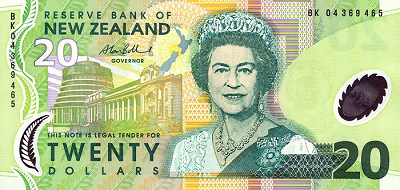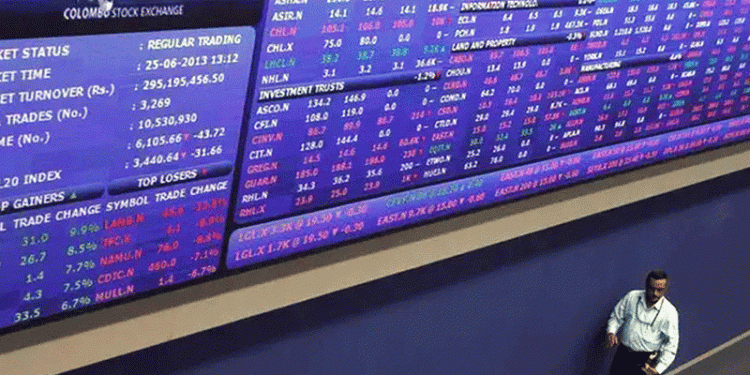Thursday, 12 March 2015 04:09
 WELLINGTON: The New Zealand dollar jumped a full U.S. cent in volatile trade on Thursday, bouncing from a five-week low after the Reserve Bank of New Zealand said the domestic economy remained strong compared to other nations which have been forced into rate cuts.
WELLINGTON: The New Zealand dollar jumped a full U.S. cent in volatile trade on Thursday, bouncing from a five-week low after the Reserve Bank of New Zealand said the domestic economy remained strong compared to other nations which have been forced into rate cuts.
The kiwi surged to a high of $ 0.7309, rebounding from $ 0.7193, its lowest since early February hit in offshore trade, after the RBNZ kept its official interest rate unchanged at 3.5 percent and said rates will stay on hold for sometime given a still-strong domestic economy.
While kiwi had reversed an initial rally after the RBNZ cut its outlook for short-term bills, seen as a reflection of fewer rate rises down the line, investors rapidly piled back into the currency when the central bank maintained that the next move in rates may be up or down
“The cut in the 90-day bill track was what was expected, or maybe lower than we thought, but the ‘up or down’ comment, and then the hawkish comments afterwards, it didn’t do them (RBNZ) any favours,” said Tim Kelleher, head of institutional sales at ASB bank, referring to the central bank’s preference for a lower kiwi.
“That’s why the currency is higher.”
The kiwi climbed broadly after the policy announcement, knocking the Australian dollar down around NZ$ 1.0390, after it pushed as high as NZ$ 1.0530 in offshore trade. It rose to 77.15 against a currency basket, up from a one-month low of 76.48 hit the previous day.
Against the U.S. dollar, the Aussie rose as high as $ 0.7610 in sympathy with gains in the kiwi.
While the RBNZ indicated a slightly more dovish outlook on rates, some analysts pointed out that the possibility of a rate cut remained low as the central bank still believes that the economy remains strong, even as several major economies have eased monetary policy in response to deflationary pressures and slowing growth.
When asked if the central bank had looked at a rate cut, Governor Graeme Wheeler said New Zealand was in a better position than developed economies which have recently been cutting rates.
“Our situation is really quite different from those countries that have changed monetary policy,” he said in a news conference.
ASB economist Nick Tuffley said: “The threshold for cutting the cash rate right now is perhaps a little bit higher than what markets have been anticipating.”
New Zealand government bonds were unchanged following the rate announcement, keeping the 10-year yield around 3.40 percent, near 4.70 percent touched earlier this week, its highest since mid-January.
Copyright Reuters, 2015



























